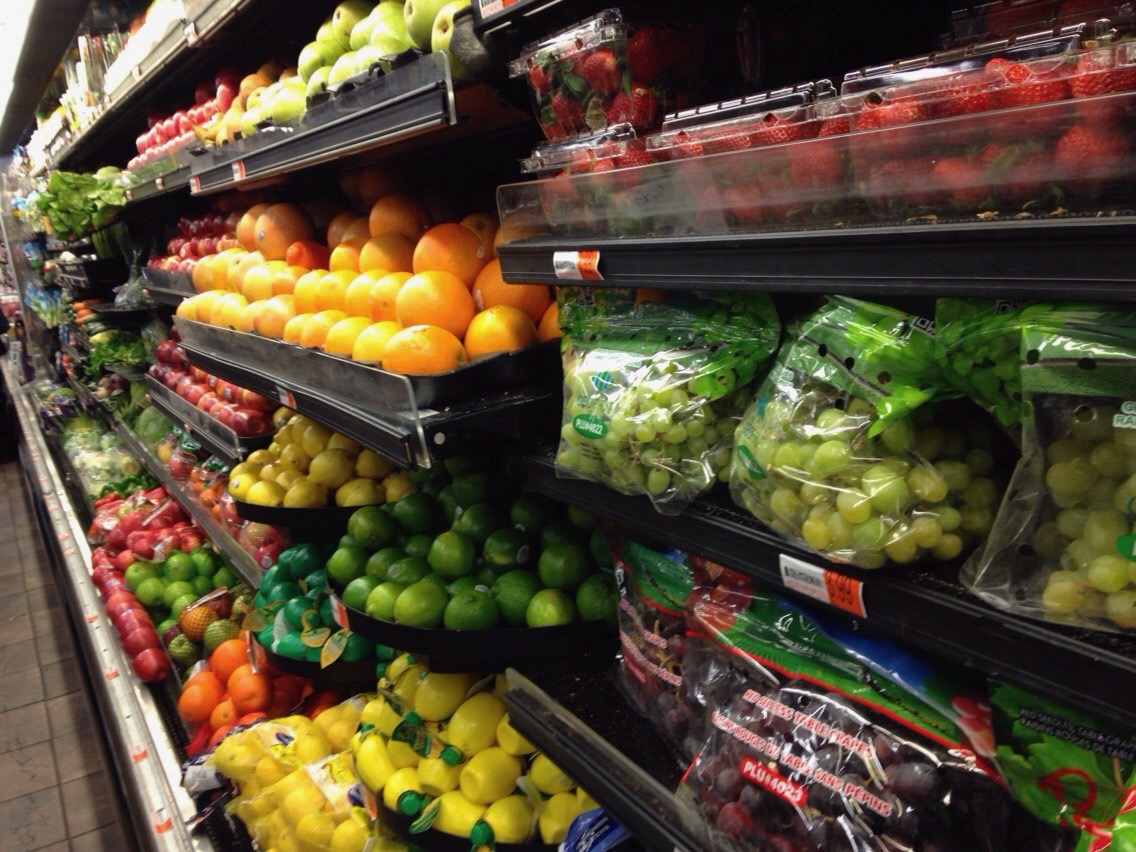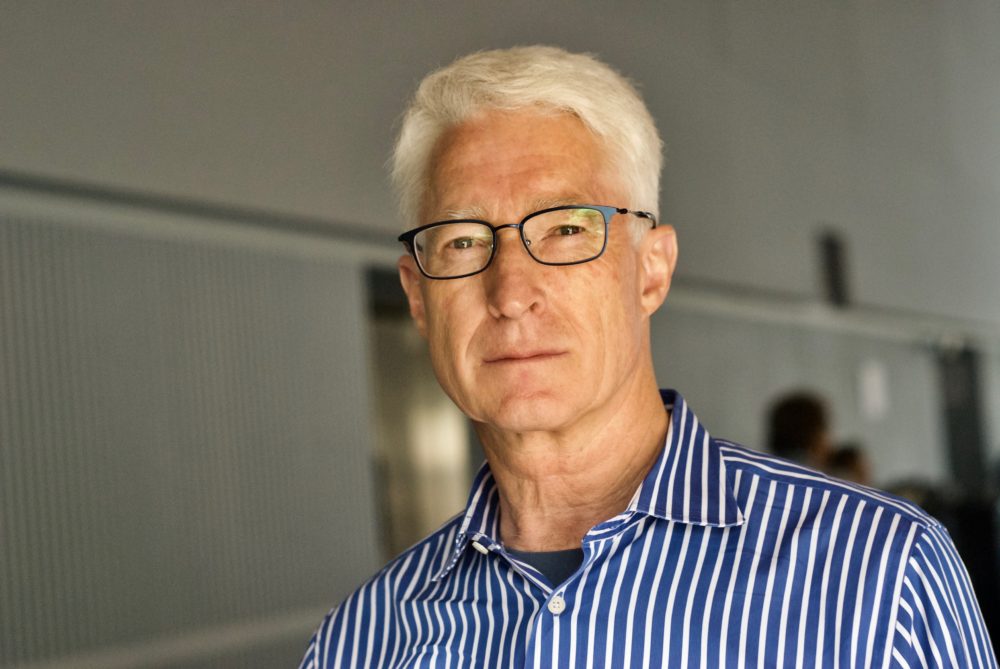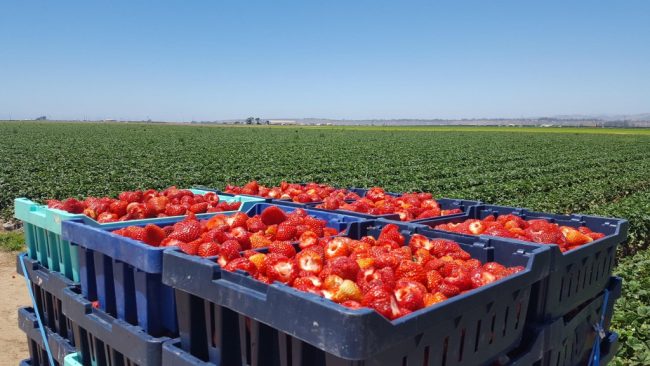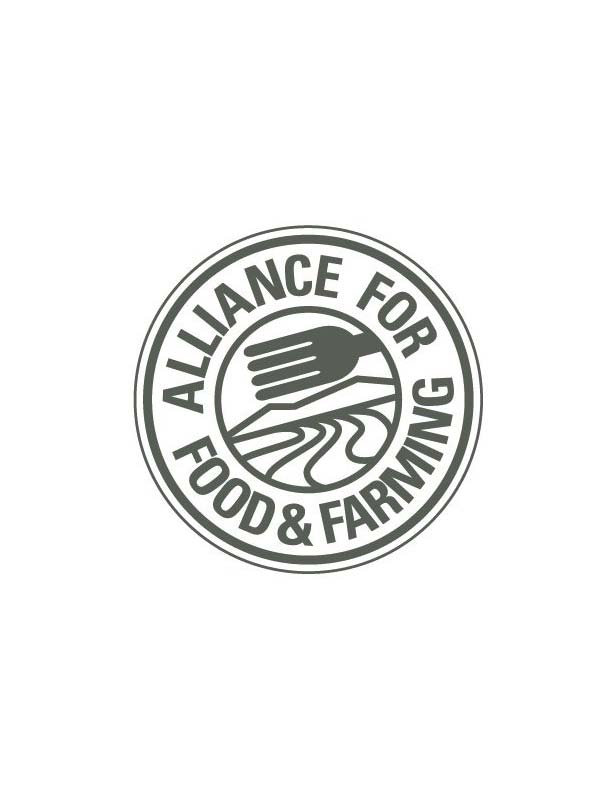Activist Groups Promote Fear on Consumer Food Choices
Activists Driving Consumers to Organic Food Only—Beyond Consumer Affordability
By Safe Fruits and Veggies
Despite recent and repeated calls by scientists and nutritionists to increase efforts to improve consumption, activist groups have created and promoted new webpages and infographics designed to raise fears among consumers about the safety of the more affordable and accessible fruits and vegetables.
These groups continue to ignore peer-reviewed research, which has shown these tactics don’t just negatively impact consumers’ purchasing decisions regarding conventionally grown produce—consumers’ reluctance also includes purchasing of organic produce as well. In other words, the work of these activists isn’t meeting their goal of driving consumers toward organics and maybe driving them away from produce altogether. How crazy is this?
Let’s review just some of the study findings, which have been released during the time these groups chose to create and promote new fear-based content:
“Prescriptions” for healthy foods could save more than $100 billion in healthcare costs. The healthy foods included fruits and veggies plus seafood, whole grains, and plant oils. The study concluded: “These new findings support the concept of ‘Food is Medicine.’”
Eating and drinking better, including increasing consumption of fruits and veggies, could prevent one in five deaths around the world. The study concluded: “Our findings show that suboptimal diet is responsible for more deaths than any other risks globally, including tobacco smoking, highlighting the urgent need for improving human diet across nations.”
Low fruit and veggie consumption resulted in an estimated three million deaths from heart disease or stroke. “Our findings indicate the need for population-based efforts to increase fruit and vegetable consumption throughout the world.” Click here to continue reading and to “like” and share this blog post.





















